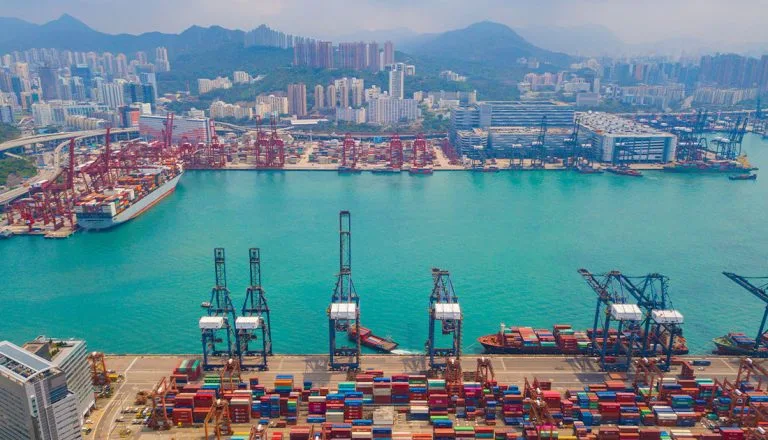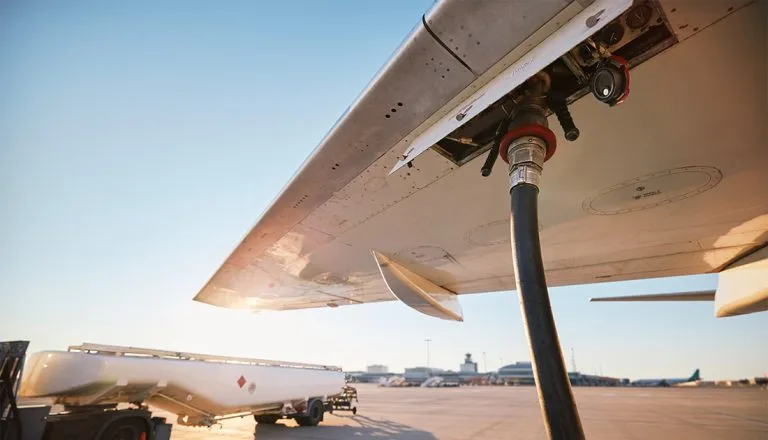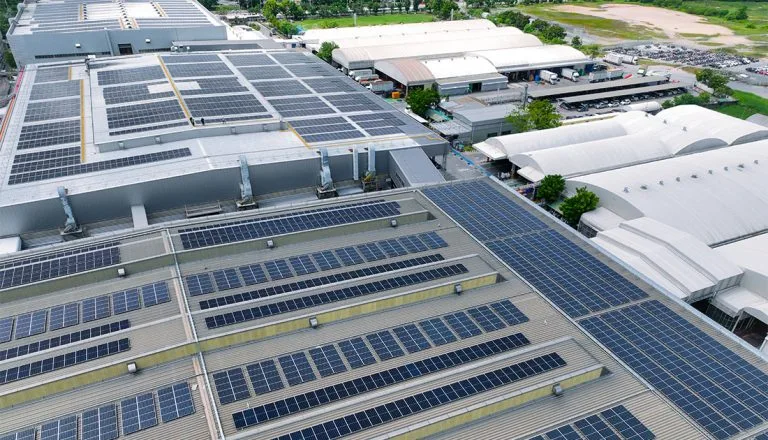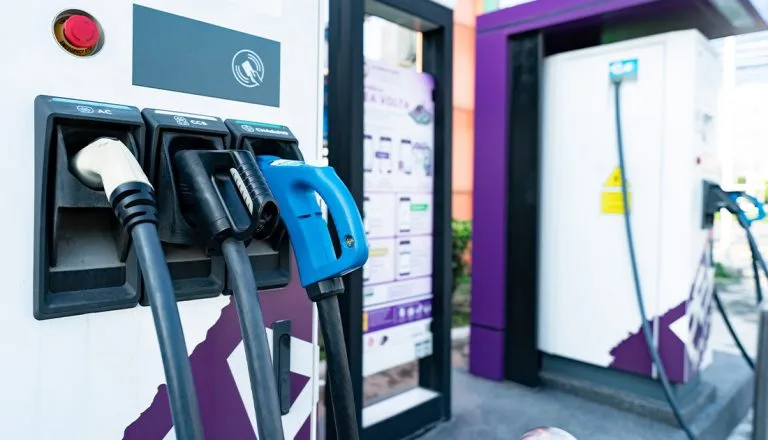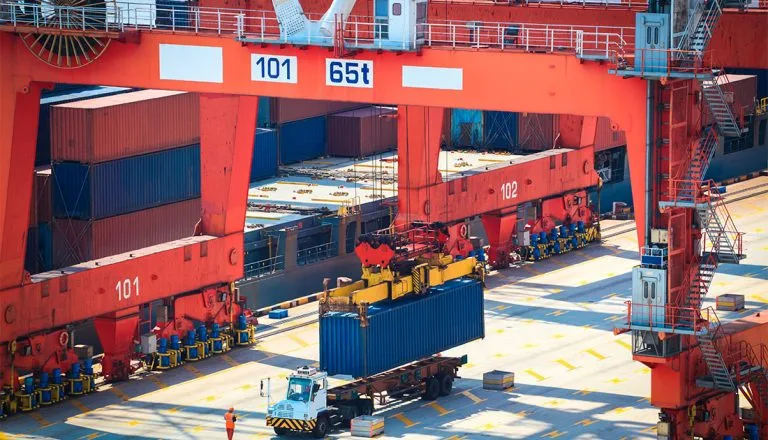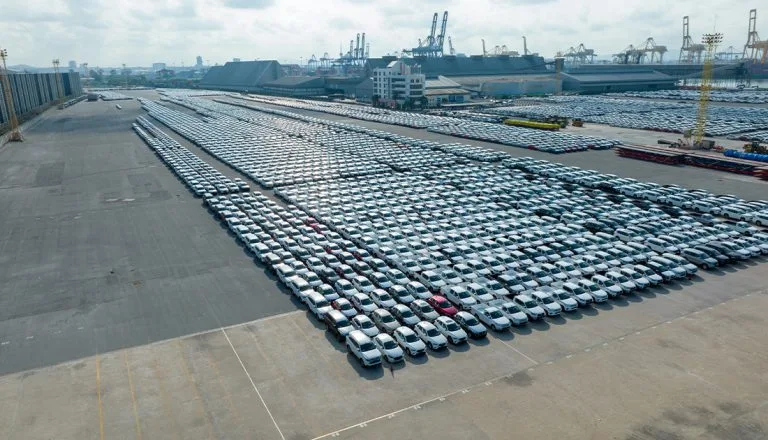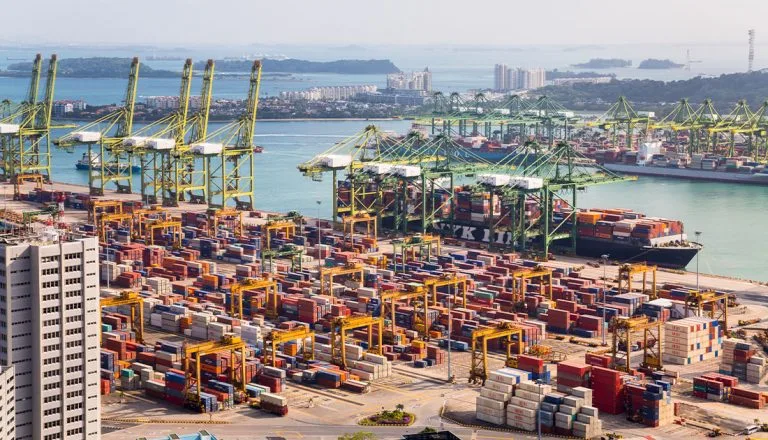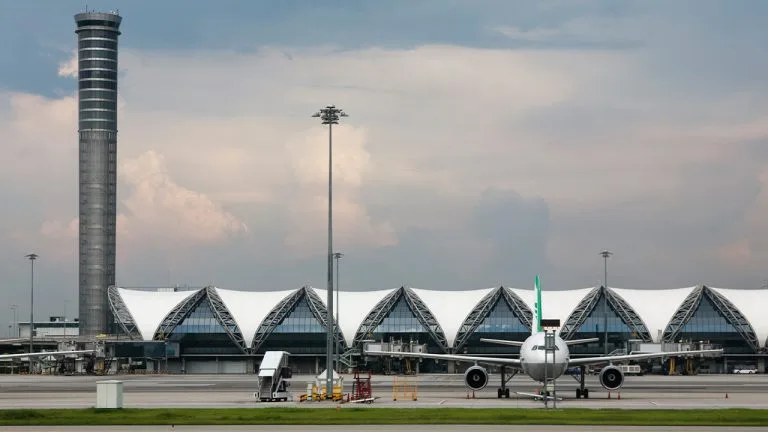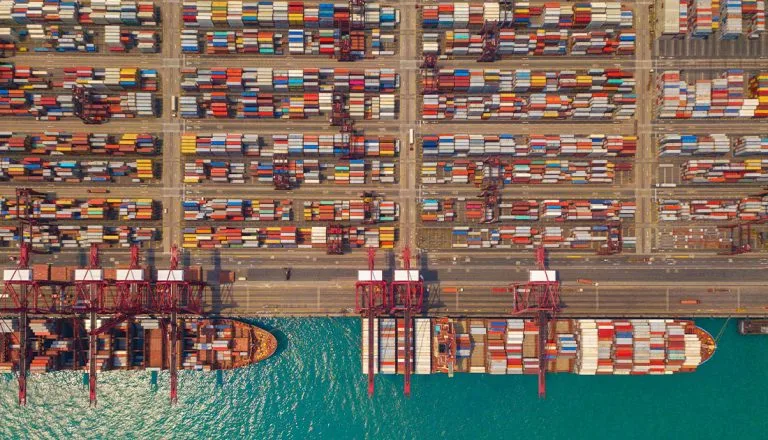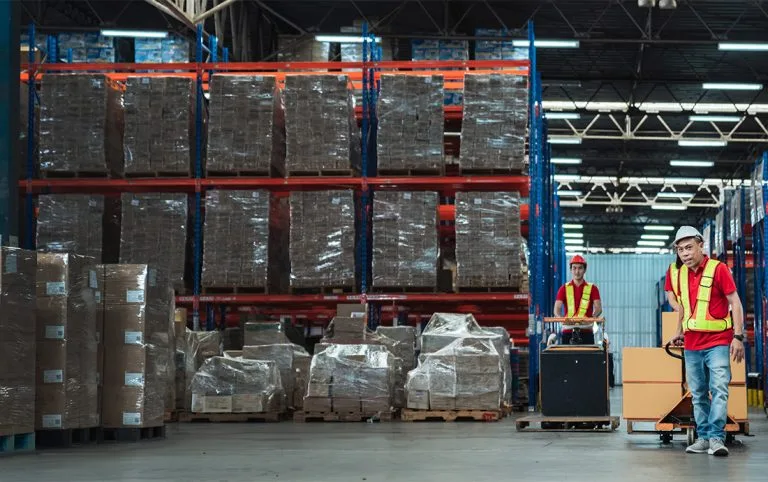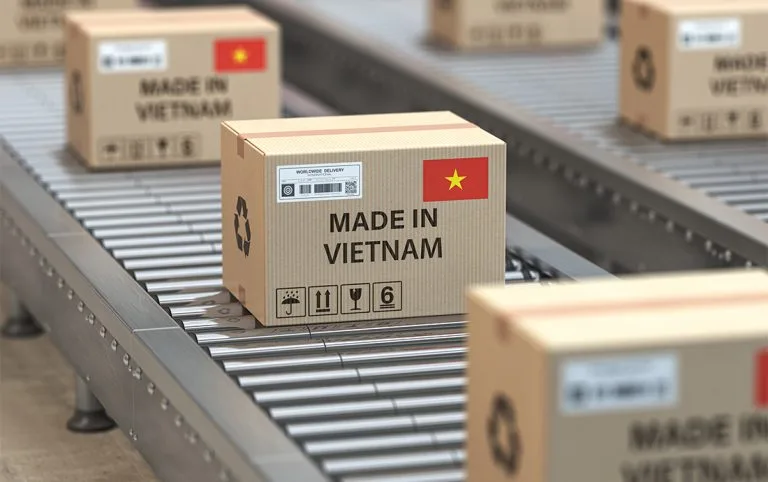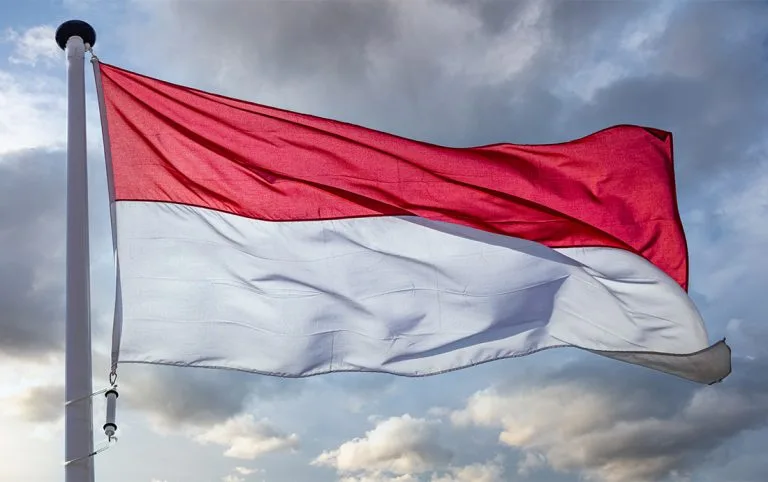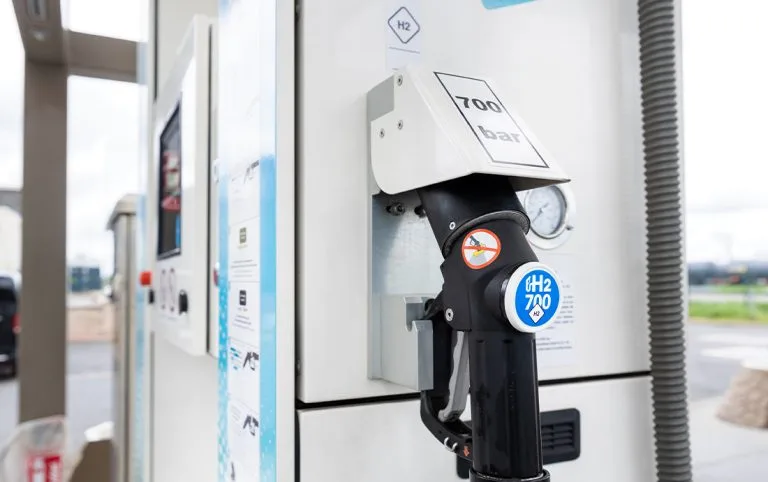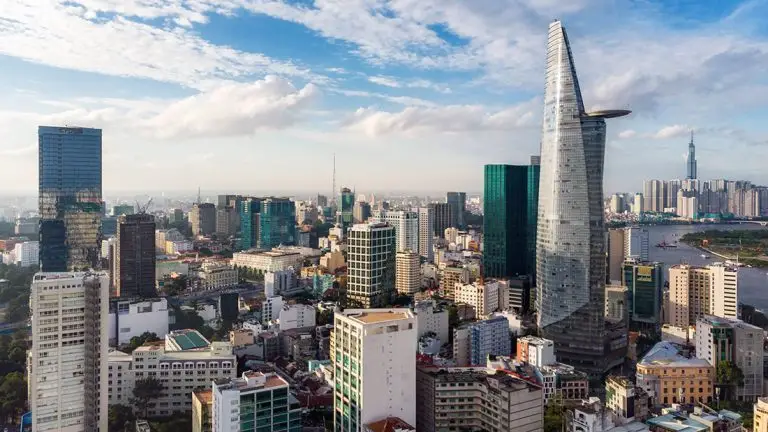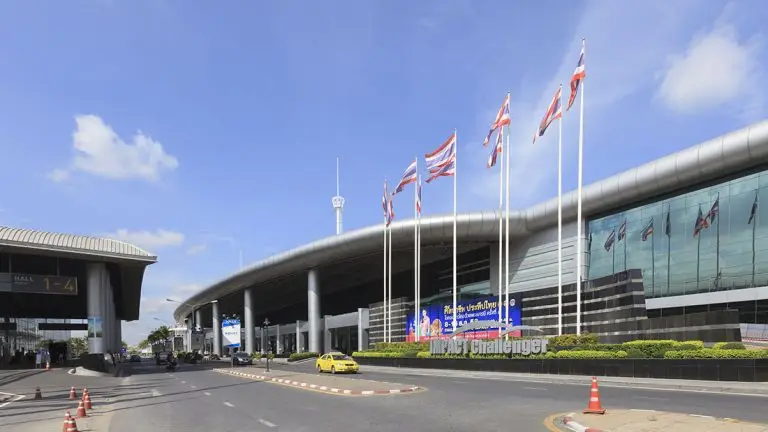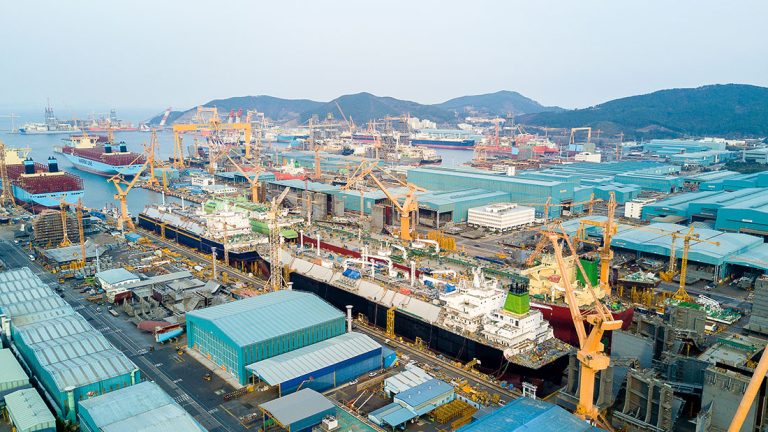- The EU-Singapore Free Trade Agreement has seen both trade volume and the number of EU businesses in Singapore increase since 2019
- EU-Singapore Digital Trade Agreement negotiations concluded in July 2024, and this will create protections and opportunities across the digital economy
- Services make up a significant portion of trade between the EU and Singapore with more than half of these delivered digitally
With the EU-Singapore Free Trade Agreement having been in place since November 2019, now is a good time to evaluate the early returns and what the future holds. Collaboration continues to be beneficial for businesses on both sides of the deal. It has also helped facilitate further pacts, such as the EU-Singapore Digital Trade Agreement, which are crucial to keeping pace as economies digitise. Asian Insiders Singapore Partner Alessandro Corbi offers a detailed overview of the situation and explains why Singapore will remain an attractive market.
The EU-Singapore Free Trade Agreement (EUSFTA) has been in effect for five years. The recently reached milestone is significant because this span covers the implementation period. Tariffs were eventually reduced to zero, and various technical barriers to trade have been identified and removed since November 2019.
Before the agreement was enacted, Singapore was the EU’s 14th largest trading partner worldwide. In 2023, the country had moved up to 11th with volumes in goods and, in particular, services having recorded growth over the last five years. Prior to the FTA, approximately 10,000 EU-based companies were operating in Singapore. That total has increased by 40 percent, with more than 14,000 EU businesses in the city-state.
The EUSFTA was a positive development for service providers since it has opened up notable opportunities for firms in the telecommunications, environmental services, engineering, computing, and maritime transport sectors, among others. The EUSFTA includes ambitious provisions in the field of government procurement, intellectual property (including Geographical Indications), rules of origin, renewable energies, and sustainable development.
It should also be noted that this was the first FTA reached by the EU and a country in Southeast Asia. A deal with Vietnam has since followed suit, and negotiations between the bloc and Thailand have resumed after being put on hold in 2014.
However, the agreement didn’t simply create a foundation for free trade deals elsewhere in ASEAN. The EUSFTA was recently expanded upon with an eye toward the future of trade between the EU and Singapore.
Building on the EU-Singapore Free Trade Agreement
The EUSFTA has not only allowed for deeper trade ties between the EU and Singapore but has fostered greater collaboration in different areas critical to strengthening trade. An example of this was seen when negotiations for the EU-Singapore Digital Trade Agreement (EUSDTA) concluded in July 2024. Each side is now undertaking the necessary steps toward formally approving the accord.
While this is the EU’s first digital trade agreement, Singapore has similar arrangements in place with New Zealand, Chile, the United Kingdom, Australia, and South Korea. These broader digital economy cooperation pacts aim to create a platform which supports businesses engaging in cross-border digital trade and e-commerce.
Ultimately, the EUSDTA establishes binding rules designed to create an environment where consumers can trust digital services while providing businesses predictability and legal certainty. Beyond that, an emphasis has been placed on removing and preventing the emergence of digital trade barriers.
Some additional topics the agreement covers include rules governing issues such as e-signatures and consumer protection, limiting spam, and removing any mandated access or transfer requirements for technology. The end goal is to create open and fair digital economies offering transparency for all parties.
That is becoming increasingly important given the role digitisation has on the services sector. More than half of the services rendered in trade between the EU and Singapore are delivered digitally. The EUSDTA will complement what was been included in the original FTA while creating additional growth opportunities.
However, there are other components to the EUSTDA worth highlighting. Paperless trading and electronic invoicing and strengthening digital infrastructure security are both addressed. Each side has also agreed to increase cybersecurity through shared standards along with taking steps to combat illegal online content.
Artificial intelligence (AI) was covered in the agreement as well. The EU and Singapore are set to develop governance frameworks and enhance interoperability. There is also the potential for further cooperation as it relates to AI, including the formalisation of mutual recognition arrangements.
What’s next for Singapore?
The successful implementation of the EU-Singapore Free Trade Agreement, along with the eventual rollout of the EU-Singapore Digital Trade Agreement, provides clarity and security to businesses entering the market. Firms from Europe and elsewhere globally continue to find success in Singapore.
Of course, it is not simply services companies that can thrive in Singapore. The country has a world-class manufacturing ecosystem and remains a crucial springboard for multinationals looking to expand into Southeast Asia.
The country’s many free trade agreements and other economic partnerships highlight a commitment to openness and maintaining a business-friendly environment.
These also provide stability in an unsettled time. Uncertainty lingers over many major markets, making Singapore a proverbial safe harbour for companies due to its favourable relationships with most major economies. For instance, it has FTAs with both China and the United States.
Another important consideration are the Double Taxation Agreements (DTA), limited DTAs, and Exchange of Information Arrangements (EOI) that Singapore has signed with more than 100 countries. These allow companies to avoid double taxation from cross-border activities, including trade and investments.
The country’s status as a centre for economic activities is unlikely to change. A stable political situation is also appealing. All of the previously mentioned reasons are why Singapore remains a popular choice for firms eyeing long-term Asian expansion.
Singapore remains one of Asia’s most attractive countries for foreign businesses. To assess your readiness to enter the market, schedule a no-obligation call with Jari Hietala, Managing Partner: jari.Hietala (at)asianinsiders.com or Asian Insiders Partner Allesandro Corbi alessandro.corbi(at)asianinsiders.com









